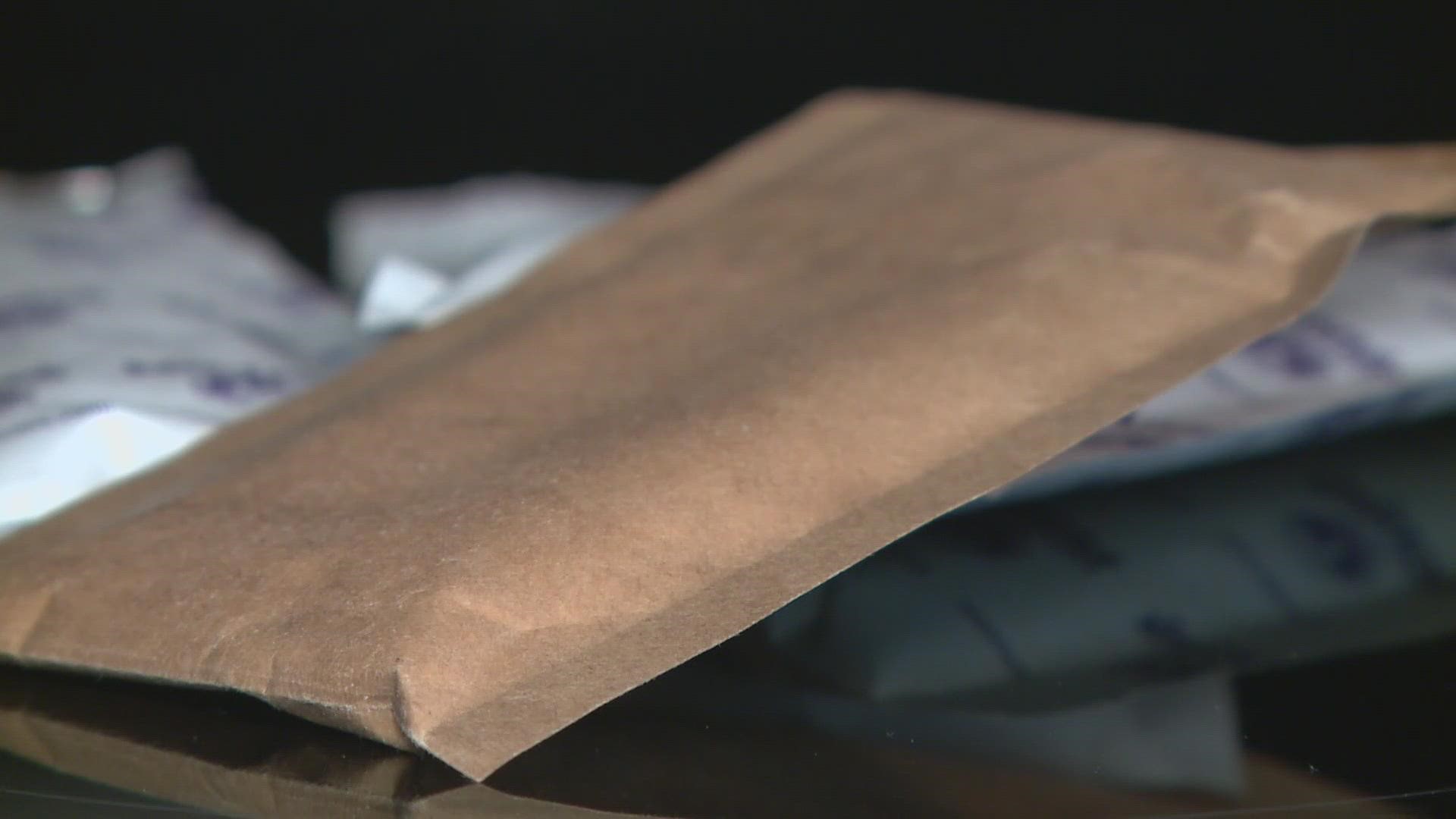MAINE, Maine — A new law will go into effect on Jan. 1 that would prohibit the use of chemicals, known as phthalates, in food and beverage packaging in Maine.
The majority of the class of chemicals are unregulated by the federal government. Phthalates make plastic flexible and are found in food processing equipment.
Federal studies show prenatal exposure to phthalates is linked to adverse health impacts, especially in young children.
The law is one of the first in the U.S. to ban all phthalates in food and beverage packaging. The Department of Environmental Protection will enforce the groundbreaking law. It also phases out all PFAS chemicals from food packaging within two years if safer alternatives are readily available.
Phthalates can leach into food products, including some boxed cheesy pasta, snacks, frozen pizza, and baked goods. They are not required to be disclosed on labels and are also in the lining inside jar lids and metal bottle caps.
Patrick MacRoy is the deputy director of Defend Our Health, an environmental advocacy group that helped write the law.
"The responsibility falls on the manufacturer. We don't want to hold store owners in Maine accountable for the global supply chain," MacRoy said.
Scientists have expressed concern about phthalates for decades, as studies found that many of these chemicals can interfere with hormone production. In 2014, a panel of scientists found up to 10 percent of pregnant women and infants face a risk of reproductive harm.
"I just don't want anyone to go through what we had to go through," Laura Seaton said.
Seaton's son was born with a congenital disability to his genitalia. He underwent surgery at just six months old. The procedure, Laura said, was painful but eventually corrected the problem. During that pregnancy, Seaton believes she was unknowingly exposed to phthalates in her food.
"The real issue is that these chemicals just need to be banned, period," Seaton said.
Earlier in December, Earthjustice filed a lawsuit on behalf of Defend our Health and other environmental groups demanding the Food and Drug Administration take action on phthalates.
In 2016, a coalition of environmental advocates filed petitions with the FDA requesting the agency remove phthalates from food packaging and processing materials, but the agency hasn't taken any action yet.
Earthjustice attorney Katherine O'Brien asked the court to order the FDA to act on its 2016 petition within 60 days.
"There have also been extensive studies showing that almost 100 percent of our population have detectable levels of phthalates in our bodies," O'Brien said.

